The Committee for Culture and Extension at IQ-USP coordinates and organizes outreach activities. These activities are developed with the active participation of teachers, undergraduate students, graduate students and IQUSP staff.
The following activities are offered:
a) Knowledge dissemination
Target Audience: higher education students and graduates from various fields.
These activities include broadcasting courses of up to 40 hours, coordinated by researchers and offered annually or bi-annually. Deal with topics such as Biochemistry, Green Chemistry, Electrochemistry, Colloids, Spectroscopy and Chemistry Teaching.
b) Science dissemination
Target Audience: higher education students, primary and secondary and general public.
Theatre Chemistry in Action
Shares in the Science Station and USP Science Museum
Week of Chemistry at the IQ-USP
São Paulo Olympics in Chemistry (ABQ partnership).
Scientific turn (ed. USP)
National Week of Science and Technology (coord. USP)
c) Career guidance for courses and careers in chemistry
Target audience: high school students.
Door Open Day (University Programme and USP Professions)
Job Fair (University Programme and USP Professions)
The IQ USP articulates the culture extension from general principles that guide its actions and products on society-university interface.
Thus it focuses on creating actions and sensitive products to the dynamic scenario of society in view of its challenges and opportunities.
The following principles guide the activities culture extension of the Chemical Institute:
First, the main asset of the Chemistry Institute is apparent from its highly qualified human capital.
Second, this heritage should benefit society offering knowledge.
Third, such an offer should be diverse on how to access and to carry out actions and yield products, considering the specific demands from the society.
Four, such an offer is aimed at the development of social sectors attended.
Fifth: the proposition and achievements of these actions and projects seeks to strengthen and contribute to training human resources at the Institute itself and knowledge production, consolidating the primary mission of the University and its commitment to teaching, research and extension.

